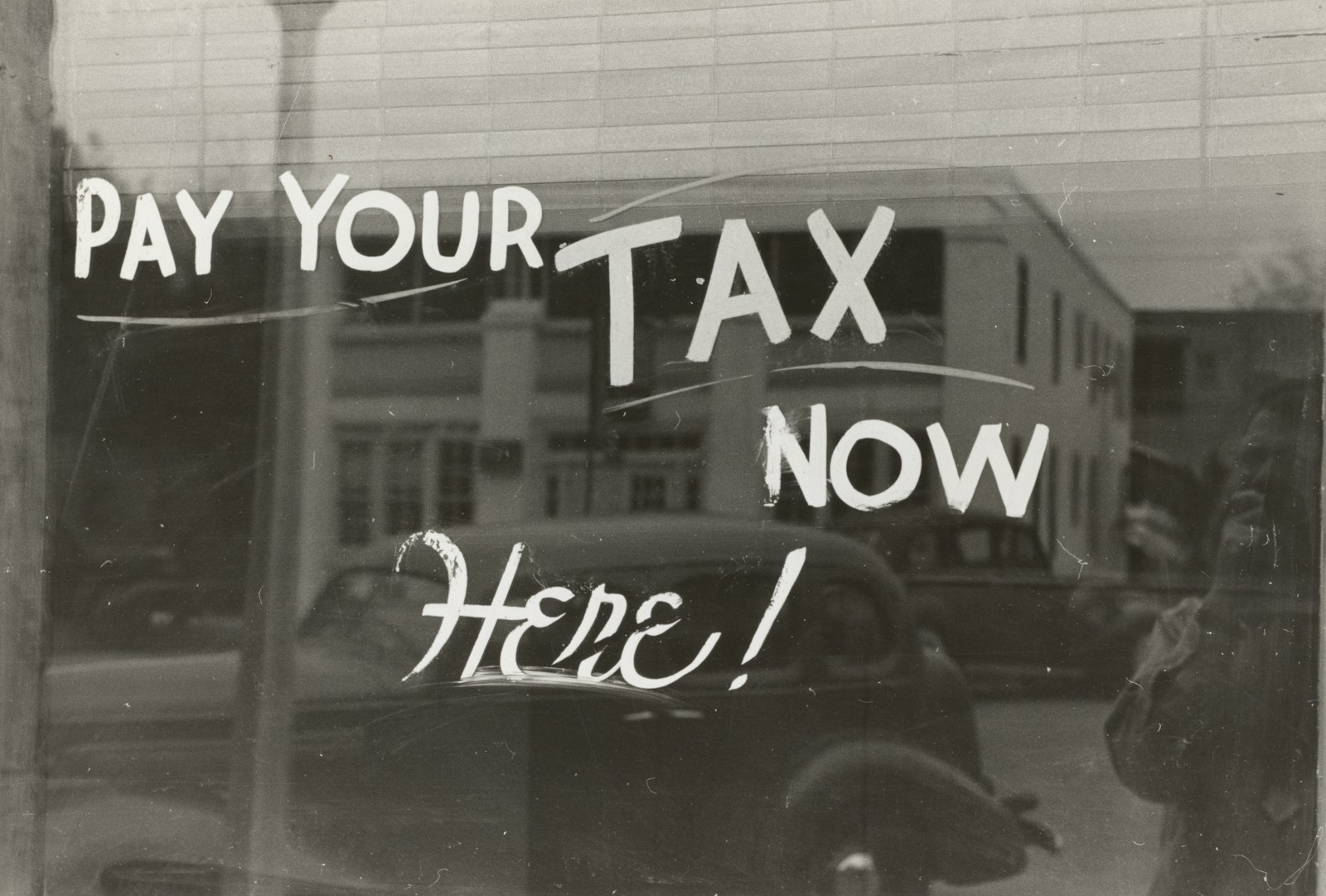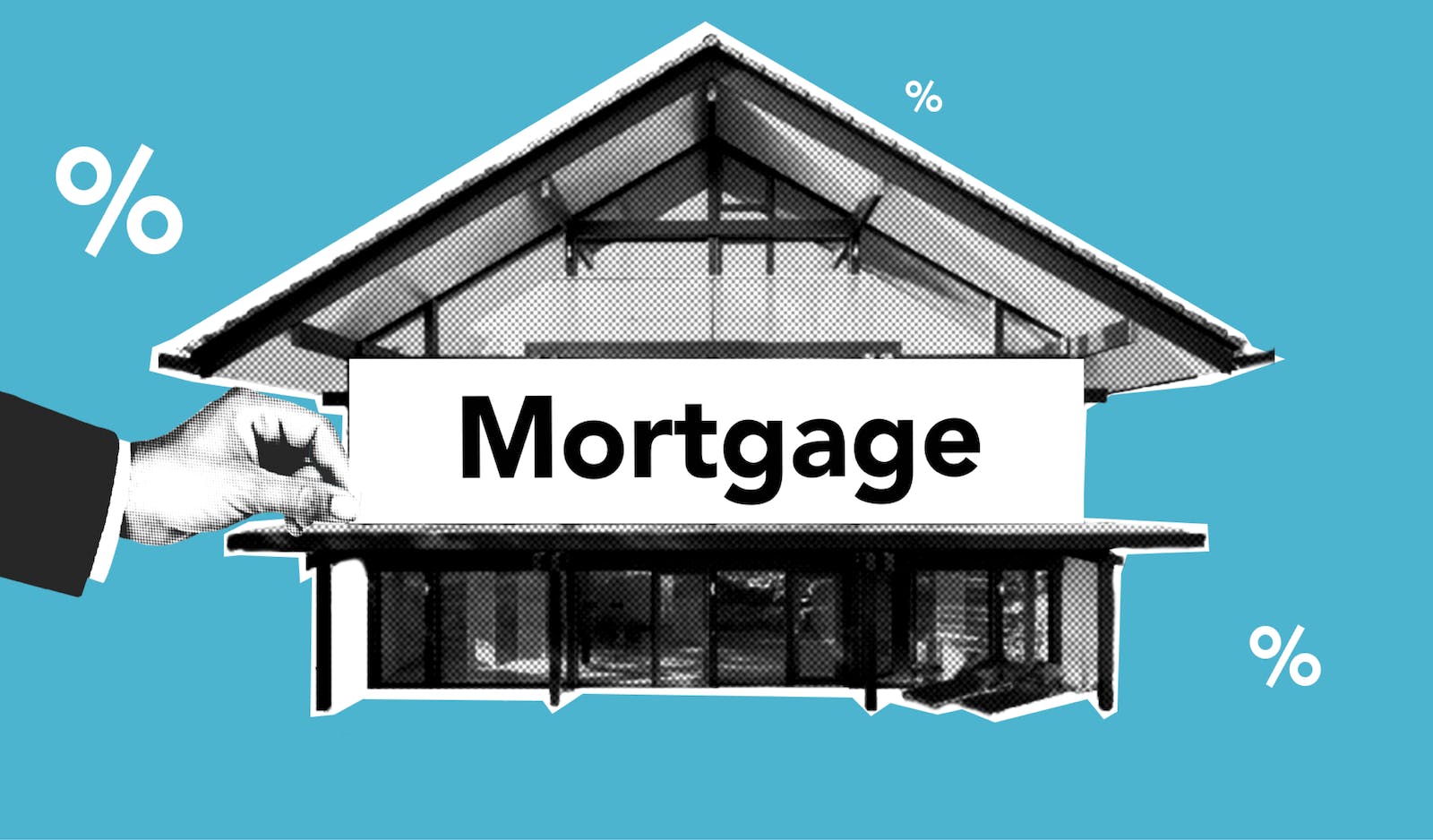
There are a number of benefit programs available to the American citizens in their retirement years. These programs include housing, healthcare, and transportation needs. The eligibility differs per the specific program. We present 15 such government benefits for senior citizens.
Housing Choice Vouchers (Section 8)

The Housing Choice Vouchers program helps seniors to afford rent. The program subsidizes the rent of the accommodation and transfers the rent directly to the landlord. Remember that the Housing Choice Vouchers program does not include government housing projects. Instead, it is for pre-approved townhouses, houses, or apartments. Amount of the ‘voucher’ depends on the size of the family and income.
Lifeline

The Lifeline program helps to make Internet and phone accessible for seniors and low-income households. It helps seniors to remain connected with essential services like health care and with their loved ones. Based on the partnered network, seniors can receive a discount of about $9.25 per month. Eligibility is based not just on age but also on income.
Low-Income Household Water Assistance Program (LIHWAP)

The purpose of LIHWAP is to make water accessible and assist with the payment of wastewater bills. The LIHWAP program was created during the 2020 pandemic to help low-income families threatened with disconnection, arrears, and lack of service. It is a temporary program. Connect with the local agency managing the community LIHWAP program to check for eligibility.
Low Income Home Energy Assistance Program (LIHEAP)

The LIHEAP is a benefit program intended to help retirees from low-income households to afford energy costs. The program benefits include assistance with bill payments, upgrading homes to become energy efficient, energy usage specific repairs, and financial assistance in crisis. Retirees above the age of 65 can avail LIHEAP benefits, based on their state of residence and income availability.
Medicare

Medicare is a healthcare program for senior citizens over the age of 65. The program covers doctor visits, hospital stays, and some selected medical costs. Most common hospital bills are covered by Medicare, other requirements like medical tests and outpatient care are available at a subsidized rate, and long-term medical conditions are covered via private insurers.
Medicare Savings Program (MSP)

The MSP is a program that helps seniors to afford Medicare costs. This program enables senior citizens to get most of the Medicare benefits for free, as it helps to pay for deductibles and premiums of Part B of the program. Seniors have to qualify for the program.
Medicaid

Medicaid is a joint state-federal medical program that gives health insurance plans to many retired citizens. Terms and conditions vary with each state. Generally, the eligibility is based on income, with people with disabilities getting some preference. Medicaid affordability is quite high as the state and federal government share the costs.
Retirement Insurance Benefits (RIB)

The Social Security Administration gives a money payment based on your lifetime earnings. You can start claiming it after crossing the age of 62. You can claim earlier, if required, but that means reduced benefits. The full retirement age is around 67, and if you wait that long, you can get higher retirement benefits. Consider it a golden nest based on your working years.
Retirement Income Credit

The program helps seniors above the age of 65 to reduce what they owe in federal income tax. The credit amount differs based on the filing status, marital status, and income, with the amount varying between single and married individuals.
Reverse Mortgages

The Reverse Mortgage is a senior citizen benefit program that should be availed after careful consideration. The program allows homeowners above the age of 62 to stop paying the monthly mortgage by leveraging the equity value of the home. However, interest will accrue, and will become payable if the resident permanently moves out, sells the home, or passes away (then heir needs to repay).
Senior Community Service Employment Program (SCSEP)

The SCSEP is a community oriented training program that helps Americans over the age of 55 to upskill and re-enter the workforce. Part-time employment is given in public agencies and non-profit organizations to enable citizens to learn new skills and gain experience. This experience helps them to move on to permanent jobs later on, enabling them to become or remain financially independent.
Social Security Disability Insurance (SSDI)

The SSDI is a monthly benefit program for people with disabilities preventing them gaining meaningful employment. The monthly benefit is dependent on the previous work history, such as accumulated work experience and age, and a disability that has been in existence for over a year. There is usually a waiting period to avail the benefits. Remember that SSDI is a program based on needs.
Supplemental Nutrition Assistance Program (SNAP)

Previously known as the Food Stamp Program, the SNAP assists low-income households in buying groceries. SNAP is available to all, irrespective of age. The SNAP is a core service that the government provides to its citizens. Seniors with limited resources and income, in millions, benefit from SNAP.
Supplemental Security Income (SSI)

The Social Security Administration gives a monthly cash assistance to seniors over the age of 65. The cash assistance helps to meet basic living expenses. The service includes people experiencing significant vision loss and people with disabilities that prevent them from gaining meaningful employment. SSI eligibility has certain conditions and comes with limited resources.
Veterans Health Administration (VHA)

The VHA serves around 9 million veterans annually through its 172 medical centers and 1,138 outpatient clinics. The VHA offers comprehensive medical care, including mental health, specialty care, rehabilitation, assistance, and various long-term care. Veterans with a great military service record can reach out to their local VHA center for specific eligibility requirements.

Comments
Loading…